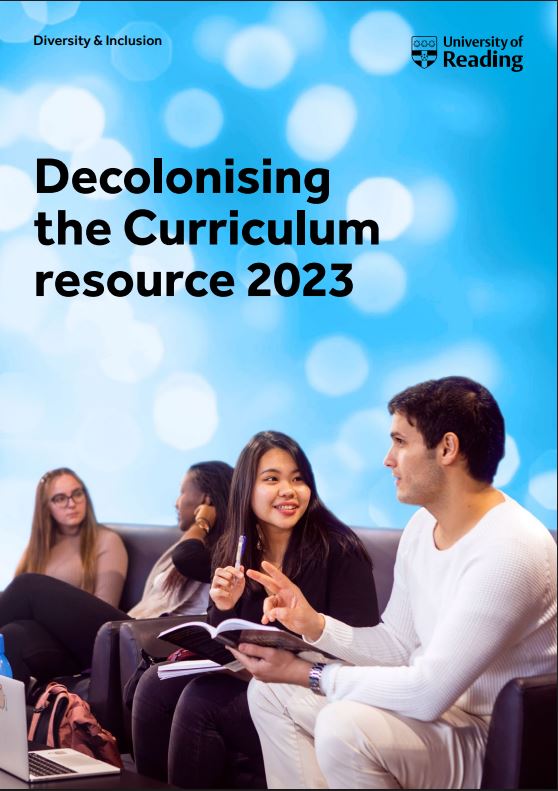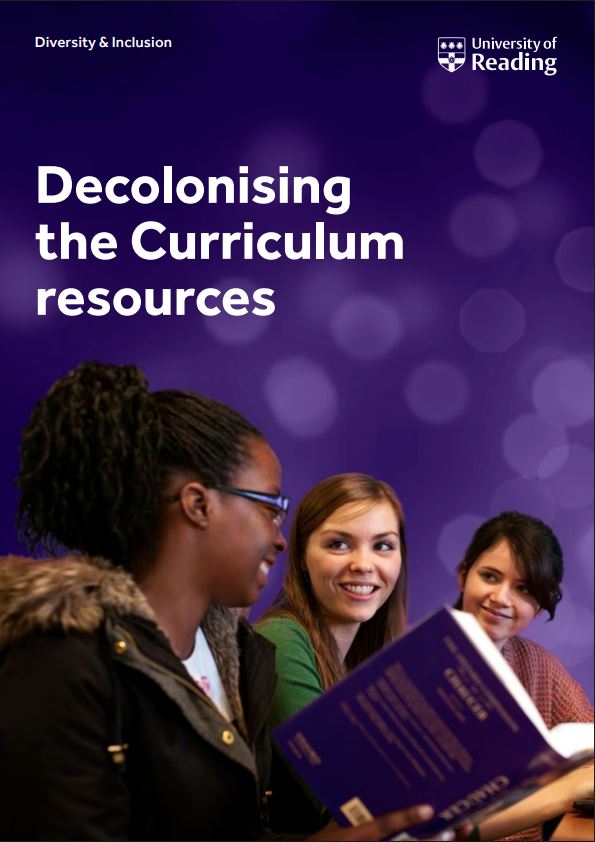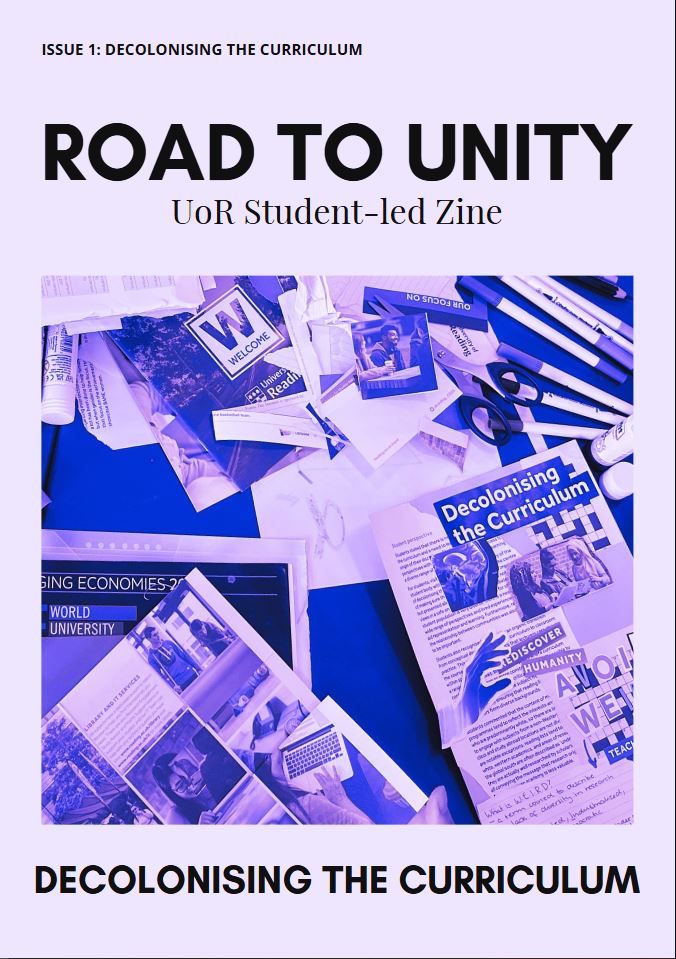
We invite all staff to join our collective approach to eliminating awarding gaps. Below, you’ll find ways to get involved.
Awarding Gap Steering Group
The Awarding Gap Steering Group is a formal committee consisting of ‘Awarding Gap Representatives’, appointed by the senior management team of their respective academic school.
Contact your respective Awarding Gap Representative by viewing the membership list.
Diversity & Inclusion Communities
The Diversity & Inclusion Community of Interest (DICOI) and Diversity & Inclusion Community of Practice (DICOP) are university-wide groups in which staff can convene to discuss strategies for inclusive practice and closing awarding gaps.
Student Partnership and Collaboration

Student Partners engage in a range of T&L projects which may include researching and presenting ideas for educational change and innovation; co-creating student-facing resources and providing real-time feedback and problem solving.
Inclusion Consultants are current students who self-identify as members of underrepresented groups. They help advise university colleagues on inclusive practice through a facilitated discussion space.
Awarding Gap Training

Awarding gap training workshops are continuously available to all University of Reading staff. They provide an overview of institutional data, opportunities to hear from representative current students and consider practical solutions.
Please visit UoR Learn to book a place.
“It was a real privilege to work with students experiencing the issues first-hand, to hear their thoughts on what we could be doing differently.” – Practical Steps Participant
Further resources


